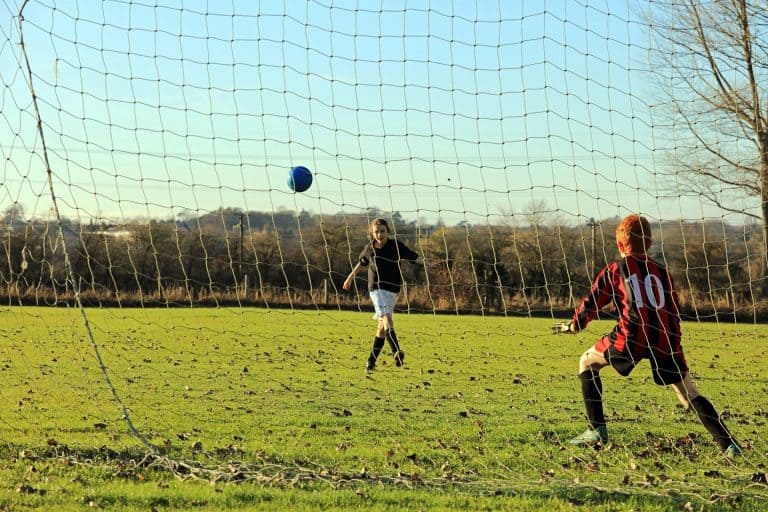
Brain injury caused by “Water on the brain” – Hydrocephalus in Children
As it is Hydrocephalus Awareness week, I thought it would be useful to write a short blog to help charities like Shine raise awareness of this complicated condition. Due to issues with diagnosis and the complications that can result from treatment, families of children with hydrocephalus are often left feeling like they are living with uncertainty. To ensure parents become more aware of the condition, have access to appropriate support and understand the importance of collaborating closely with health and educational professionals to help manage their child’s condition, the organisation Shine are hosting a hydrocephalus awareness week to give people a ‘Heads Up’ on the condition @SHINEUKCharity #HydrocephalusAwarenessWeek #HeadsUpForHydrocephalus
I am interested in this condition due to my work fighting for compensation for children who suffer brain injuries as a result of clinical negligence. If caught early and treated appropriately, the harmful effects of hydrocephalus can be mitigated however failure to do so can cause permanent and irreversible brain injury and can change a child’s life forever. In the Child Brain Injury department at Bolt Burdon Kemp we help children recover compensation in circumstances where they have suffered brain injuries as a result of either a failure to diagnose or properly treat hydrocephalus.
What is Hydrocephalus?
Hydrocephalus, also known as “water on the brain”, is a condition which occurs when an excess cerebrospinal fluid (CSF) accumulates in the brain. This can cause a build-up of pressure and swelling in the brain which, if left untreated, can lead to brain injury; the consequences of which can be life changing and indeed life threatening.
Hydrocephalus mainly occurs in adults aged over 60 in the form of Normal Pressure Hydrocephalus (NPH) but if can also affect younger adults, children and babies.
The Hydrocephalus Association reports –
“One out of every 1,000 babies are born with hydrocephalus, making it as common as Down’s syndrome and more common than spina bifida or brain tumours.”
“Hydrocephalus is the most common reason for brain surgery in children.”
Different types of Hydrocephalus in children
- Congenital hydrocephalus – when a baby is born with hydrocephalus
- Acquired hydrocephalus – when child develops hydrocephalus
How does it happen?
The exact cause of congenital hydrocephalus is still unknown but it is thought that it could result from:
- Hereditary factors (affecting only boys)
- Birth defects, including neural tube defects such as spina bifida
- The mother suffering infections, such as group B streptococcus, during pregnancy
Children who are most at risk of develop acquired hydrocephalus have often:
- Been born prematurely
- Suffered a brain hemorrhage
- Developed a brain tumor
- Had meningitis
Symptoms
Hydrocephalus can be tricky to detect as it causes slightly different symptoms depending on the type of hydrocephalus and the age of the person affected.
It is often referred to as the ‘hidden disability’, as there are not always obvious visual signs to indicate any difficulties.
The signs and symptoms of hydrocephalus in babies and children can include:
- fussiness
- tiredness
- poor appetite
- vomiting
- eyes that stay looking down
- slowed development
Babies younger than 1 year old still have their “soft spot” because their skull bones have not fully grown together yet. In these cases, hydrocephalus can present more obviously as it can lead to bulging at the soft spot, increasing head size and large scalp veins.
Diagnosis and Treatment
Early detection of hydrocephalus is critical in order to begin intervention and treatment to limit or prevent brain damage.
Congenital hydrocephalus can be diagnosed before birth through a routine fetal ultrasound.
Brain scans, such as CT scans and MRI scans, can be used to diagnose acquired hydrocephalus.
Once diagnosed, it is vital to reduce any pressure build up on the brain. This is usually done using a thin tube (shunt) that’s surgically implanted in the brain and drains away the excess fluid. Another option is an endoscopic third ventriculostomy (ETV) which entails a small hole being made in a deep part of the brain to allow the CSF to flow more freely.
In emergencies, the treatment of hydrocephalus includes a lumbar puncture (also known as a ‘spinal tap’) to drain the CSF until a shunt can be installed.
Although effective, shunts, the main treatment for hydrocephalus, are problematic because they can malfunction and this is not always easy to detect – symptoms often present as similar to those of common childhood illnesses, particularly viral infections.
Long-Term effects of Hydrocephalus
The long-term complications of hydrocephalus can include:
- learning disabilities
- speech problems
- memory problems
- short attention span
- problems with organisational skills
- vision problems, such as a squint and vision loss
- problems with physical coordination
- epilepsy
These cognitive difficulties can be overlooked or attributed to ‘laziness’ or ‘not trying’. At school it may appear that a child is not paying attention and unable to follow instructions. They may struggle with information processing or planning and organising themselves. In my experience, children with brain injuries are often not given the level of support they require to fully meet their educational needs. It is imperative that nursery and school staff are made aware of the condition so that appropriate provisions can be made. Rehabilitation may also be beneficial to help regain independence and maximise recovery. At Bolt Burdon Kemp we support our child clients to ensure their educational needs are met so that they can reach their maximum potential.
Our experience
At Bolt Burdon Kemp we have a team of solicitors who specialise in representing children who have suffered brain injuries through accidents or as a result of clinical negligence for example delay in diagnosing hydrocephalus. We are committed to investigating the medical treatment the child received and ensuring they are appropriately compensated for any injuries they have suffered. We are focussed on ensuring early access to the rehabilitation and support required and dedicated to helping the family navigate this often confusing and challenging time in their lives.










